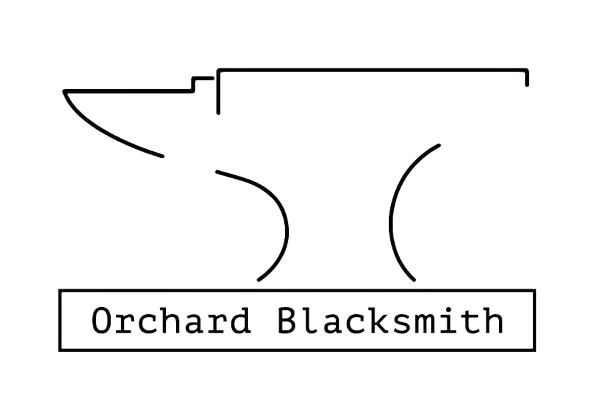Hand-Forged vs. Mass-Produced Metal: Which Is More Eco-Friendly?
In a world where speed, scale, and convenience dominate consumer habits, it’s easy to overlook the environmental costs of the products we use every day. From kitchen tools to garden hardware, mass-produced metal goods flood the market at cheap prices and in high volume. But how do these industrial creations compare with hand-forged items made by blacksmiths? Let's explore the environmental impact of both approaches — and why slower, traditional methods might just be a smarter choice for the planet.
Mass Production: High Volume, High Footprint
1. Heavy Energy Consumption
Mass-produced metal goods are typically created in large factories powered by high-capacity electric furnaces or fossil fuels. These facilities often operate 24/7, consuming immense amounts of energy not just for forging but also for running conveyor belts, robotics, cooling systems, and packaging lines. This industrial energy demand significantly increases carbon emissions.
2. Resource Waste and Overproduction
Big manufacturers aim for economies of scale — which means producing as much as possible, as fast as possible. This frequently leads to overstocking and waste. Unsold products end up in clearance bins, landfills, or scrap piles. The result? Perfectly usable metal items that were never even used are discarded, all while more raw materials are extracted to keep the production line going.
3. Long-Distance Transportation
Most mass-produced goods are made overseas in centralized factories, then shipped across oceans and continents. Every mile those products travel — by cargo ship, plane, or truck — adds to their carbon footprint. On top of that, they often arrive wrapped in layers of plastic and non-recyclable packaging materials to survive the journey.
4. Industrial Pollution
Large-scale metal production generates significant environmental pollution. Wastewater, chemical runoff, and air pollutants are byproducts of smelting and processing metals on an industrial scale. Mining to supply these operations can also devastate local ecosystems, displacing wildlife and contaminating soil and water.
Hand-Forged Metal: A Smaller, Smarter Footprint
1. Local, Small-Scale Craftsmanship
Hand-forged products are typically created by individual blacksmiths or small workshops, often within a local or regional community. That drastically cuts down on transportation emissions. Many blacksmiths sell directly at local markets or through small-scale online platforms — reducing the need for long-distance logistics.
2. Use of Reclaimed and Recycled Materials
Unlike factories that rely on newly mined ore, many blacksmiths take pride in working with recycled or salvaged steel. Old tools, car parts, railroad spikes, and scrap metal are commonly reborn as knives, hooks, or home décor. Not only does this reduce the demand for raw materials, but it also keeps usable metal out of landfills.
3. Conscious Energy Use
A blacksmith’s forge runs when it’s needed — not around the clock. Whether powered by propane, charcoal, or coal, the energy use is limited to a single project or session. There’s no overhead from hundreds of machines, lighting systems, or conveyor belts. In many cases, traditional techniques using minimal power are still employed.
4. Built to Last (and Be Repaired)
Mass-produced items are often made for short-term use. By contrast, hand-forged tools and hardware are crafted for durability. A quality piece from a skilled blacksmith can last generations — and if it breaks, it can often be repaired rather than discarded. That’s sustainability in action.
The Hidden Environmental Value of Craftsmanship
Beyond the numbers and emissions data, there’s another layer to consider: intention. Hand-forging metal is a slow, mindful process. It’s a far cry from faceless automation. When you support a blacksmith, you’re supporting a craft rooted in respect for materials, tradition, and thoughtful production.
Fewer Items, More Value
Hand-forged goods aren’t mass-produced — they’re crafted with purpose. Fewer products made, but made to last. No overproduction. No waste. Just real tools and beautiful objects made to be used and appreciated.
Connection to the Maker
Buying from a blacksmith creates a connection — not just to a product, but to a person, a place, and a craft. That connection often leads to more intentional ownership, care, and appreciation. When you value what you own, you’re less likely to replace it thoughtlessly.
Final Thoughts: Craft vs. Convenience
We live in a world where mass production has become the norm, and convenience often overshadows consciousness. But there’s a growing awareness — among makers and consumers alike — that sustainability requires more than recycling bins and reusable bags. It means rethinking how things are made and who makes them.
Choosing hand-forged metal goods isn’t just a lifestyle choice — it’s an environmental one. It’s a stand for quality, sustainability, and respect for the natural world. One hammer blow at a time.
If you would like to discuss a project with us, please do not hesitate to contact us.
